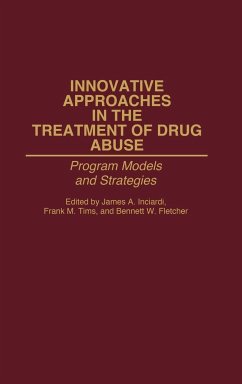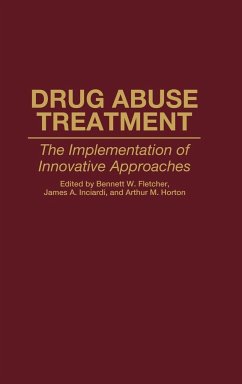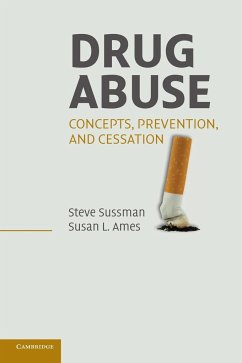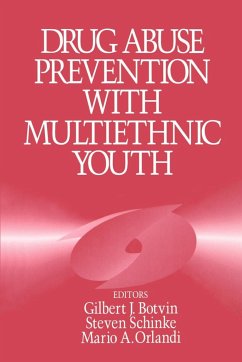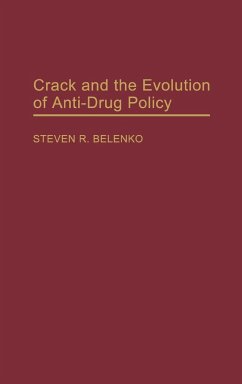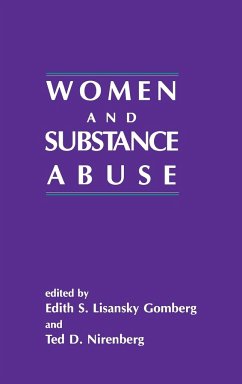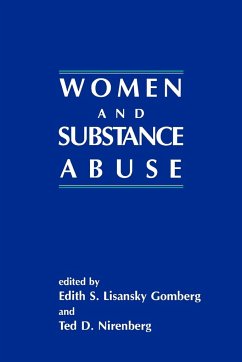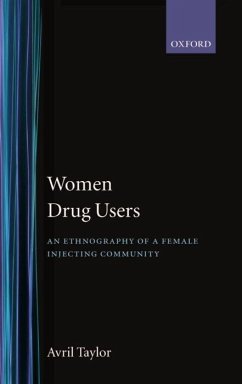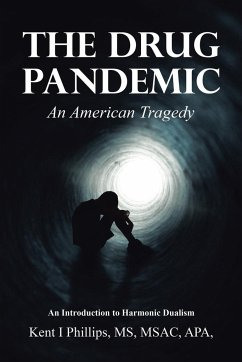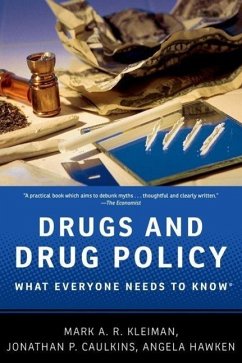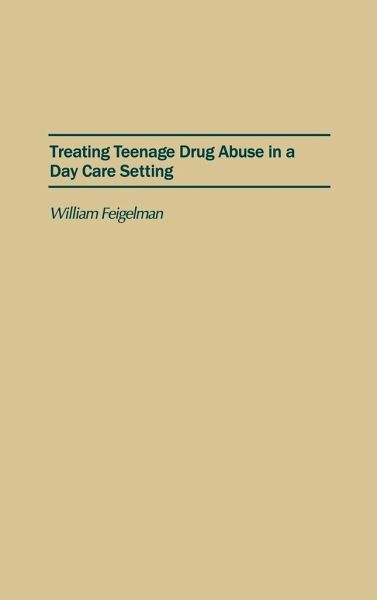
Treating Teenage Drug Abuse in a Day Care Setting
Versandkostenfrei!
Versandfertig in 1-2 Wochen
70,99 €
inkl. MwSt.

PAYBACK Punkte
35 °P sammeln!
This important new study examines the value of day care in treating problems of teenage drug abuse. Aimed at behavioral scientists, primarily psychologists, sociologists, and drug abuse treatment practitioners, this work will add significantly to the body of knowledge about the types of patients and families using, benefitting and resisting available drug treatment programs. The research is based on an in-depth analysis of one hospital-based program that primarily serves middle class suburban white clients. The author includes unique long-term follow-up interviews of former patients and progra...
This important new study examines the value of day care in treating problems of teenage drug abuse. Aimed at behavioral scientists, primarily psychologists, sociologists, and drug abuse treatment practitioners, this work will add significantly to the body of knowledge about the types of patients and families using, benefitting and resisting available drug treatment programs. The research is based on an in-depth analysis of one hospital-based program that primarily serves middle class suburban white clients. The author includes unique long-term follow-up interviews of former patients and program dropouts six years after treatment and identifies the sociodemographic correlates linked to the completion of treatment and the maintenance of drug-free status during young adulthood. The book also focuses on the impact of the social characteristics and behavior of patients' families upon their long-term rehabilitations. With a foreword by Dr. David E. Smith, founder and President of the Haight Ashbury Free Clinics, Inc., San Francisco, this book sheds new light on treating substance abuse among middle class suburban youth. It also expands knowledge of outpatient drug treatments and provides some factual support for the utility of day care as a remedy for youth substance abuse problems. Delving into the correlates of successful and unsuccessful treatments, the study offers valuable suggestions on those likely to benefit from day care and those requiring more intensive residential treatments. Challenging conventional wisdom, the results suggest that complete abstinence from drugs may not be necessary, nor essential, in promoting optimal post-treatment adaptations for young adults who were former teen drug abusers. The findings also extend current knowledge on how families influence treatment outcomes, highlighting those family attributes and behavior that may aid in the rehabilitation process and as well as those that may sabotage treatment goals.



